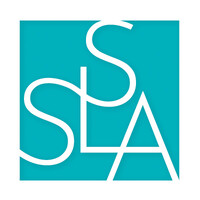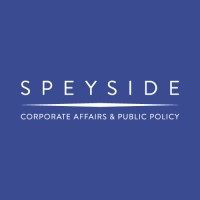
Student Loan Servicing Alliance
The Student Loan Servicing Alliance (SLSA) is a nonprofit, trade association that focuses exclusively on student loan servicing issues. Our servicer members are responsible for servicing over 95% of all federal student loans and the vast majority of private loans, and our membership is a mix of companies, state agencies, non-profits and their service partners.






